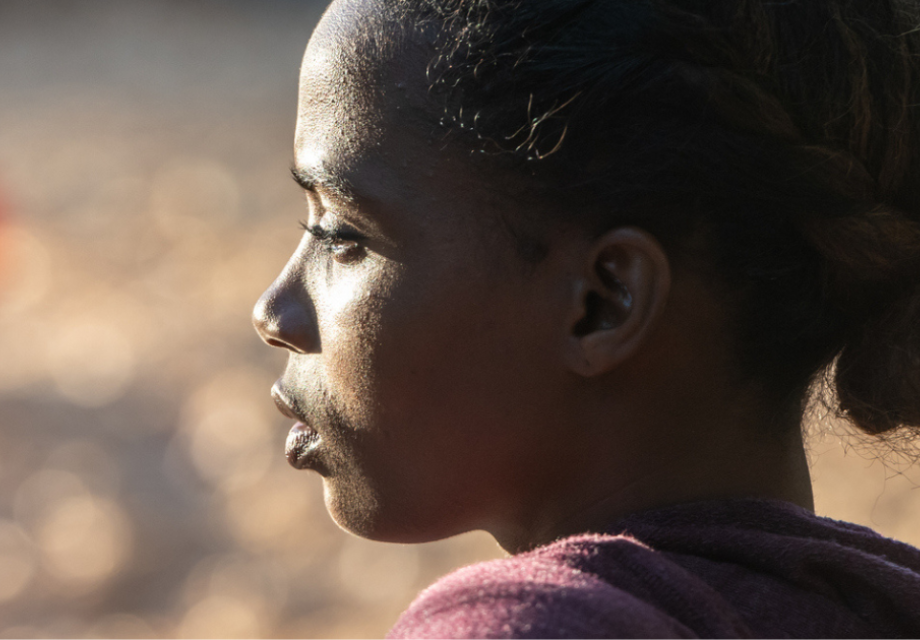What works to reduce HIV stigma?
Hester Phillips
10 August 2022
Taking learnings from the recent AIDS 2022 conference, we’ve put together a round-up of successful ways to reduce HIV-related stigma and deal with its damaging effects
What is this story about?
Successful ways to reduce HIV-related stigma and deal with its damaging effects.
Why is this important?
HIV-related stigma is still one of the biggest challenges facing the HIV response.
HIV-related stigma has a direct impact on people’s health and well-being. For example, one in eight people with HIV are denied health services due to stigma and discrimination. Stigma is one of the main reasons why many people do not test for HIV, take HIV treatment or use PrEP.
What are the main issues?
There is a need for evidence to show what people with HIV and marginalised people experience when it comes to stigma and discrimination. This evidence is most effective when it is gathered by these communities (called ‘community-led monitoring’). Successful examples include the HIV Stigma Index and the Ritshidze project in South Africa.
Findings from the Stigma Index have helped to challenge stigma and discrimination. In Estonia, for example, it led to a project that educated employers about HIV to ensure people with HIV had a fair chance when applying for jobs. In Jamaica, Stigma Index data showed the need to deal with the damaging views people with HIV had about themselves (internalised stigma). Safe spaces were created by and for people with HIV. These helped people to feel accepted by others and to begin to accept themselves.
The READY to Care scorecard allows young people with HIV to rate their healthcare services and report any experiences of stigma and discrimination. Young people with HIV designed the scorecard, supported by Y+. It is available in seven countries. Health ministries and healthcare providers are partners in the initiative. They are using the scorecards to improve the quality of services.
The Global Fund’s Breaking Down Barriers has run for the last 5 years in 20 countries. It provides match funding to encourage governments to run programmes that reduce HIV-related stigma and discrimination. Mid-term findings released at AIDS 2022 show stigma reduction programmes have increased in each country. Domestic investment in reducing HIV-related stigma has risen across the 20 countries, from $10 million when the programme started to $130 million in 2021.
People who experience HIV-related stigma and discrimination are often denied justice. For example, the forced and coerced sterilization of women living with HIV has been documented in around 40 countries. But hardly any women who have experienced this have received justice.
One way to change things is through mass legal actions or complaints, as is the case with The International Community of Women Living with HIV. They filed a complaint on forced and coerced sterilization to the South African Commission on Gender Equality, based on 48 women’s experiences. The commission investigated and is now working to ensure South Africa’s National Department of Health provides justice to the victims, reforms policies and holds actors accountable.
What does this mean for HIV services?
HIV-related stigma remains a big issue. But there is a lot of evidence about what works to reduce it.
There is room for creativity and innovation. But any efforts to address stigma must be led by the community or communities involved. This includes making sure communities gather evidence but also design, monitor and evaluate stigma-reduction programmes.
Findings from Breaking Down Barriers suggest that making repeated efforts over time (rather than having one-off sensitisation meetings), working in partnership to coordinate efforts, and developing community leaders are all key to successful stigma-reduction initiatives.
Get our news and blogs by email
Keep up-to-date with all our latest news stories and blogs by signing up to the Be in the KNOW news digest.
